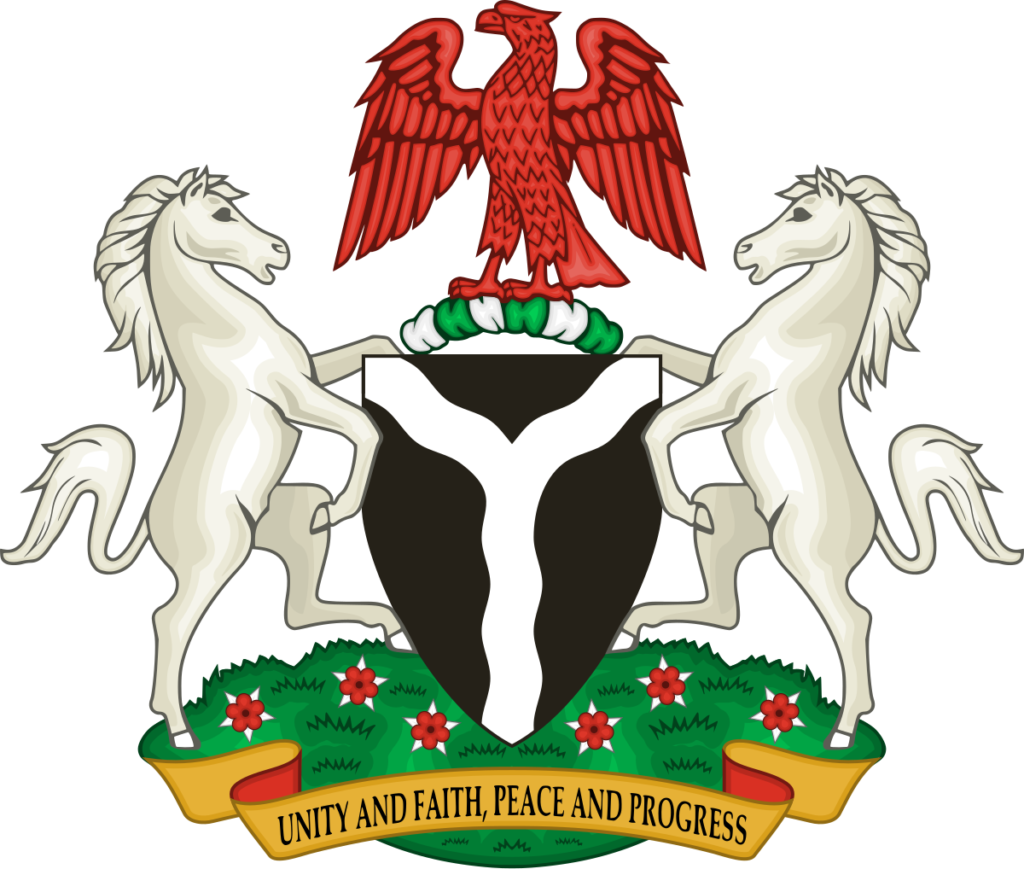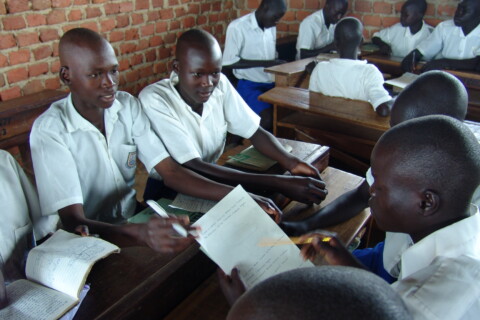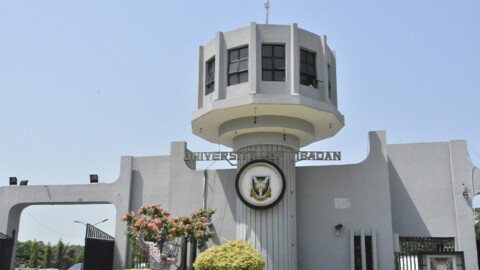Former Nigerian Minister of Education, Professor Ruqayyatu Ahmed Rufa’i, has reiterated the need for innovation in curriculum development and equitable access to education across all levels in Africa. Speaking at an international symposium held in her honour via Zoom, themed “Tackling Grand Challenges in Education in Africa in the Context of Emerging Technologies,” Rufa’i emphasized that although she has retired from public service, her commitment to transforming education remains unwavering.
Reflecting on a distinguished career spanning more than three decades, Rufa’i described her retirement not as a departure from public engagement, but as a transition into global educational advocacy. She pledged to continue championing quality and inclusive education beyond Nigeria. “My decision to retire early is not because I am tired, but rather to explore further avenues for service to the global community,” she explained.
Her legacy at Bayero University, Kano, where she mentored numerous students and contributed to education policy, as well as her service as Jigawa State Commissioner for Education and later as Federal Minister of Education (2010–2013), was praised for its impact. As minister, Rufa’i launched major reforms including the One-Year Strategy and Four-Year Strategic Plan focused on access, quality, teacher development, technical education, and funding. She also initiated programmes like the Almajiri Education Scheme and the Boys Drop-Out Programme, and was instrumental in restructuring the Education Tax Act, allowing TETFund to focus fully on higher education infrastructure and human capital.
Her longstanding advocacy for girl-child education, dating back to her time as Education Commissioner, has been a defining aspect of her career. She persistently challenged cultural stereotypes that hinder girls’ education and promoted the inclusion of women in learning spaces.
At the symposium, participants praised her forward-thinking leadership and bold reforms. Professor (Emeritus) Peter Okebukola, former Executive Secretary of the National Universities Commission, described her as a “visionary reformer,” while Professor Goski Alabi, Vice Chancellor of Accra Metropolitan University, hailed her as a symbol of transformational leadership in African education.
Professor Alabi highlighted the need to integrate emerging technologies such as Artificial Intelligence, Virtual Reality, and 5G in classrooms to foster inclusive, modern learning experiences. She stressed that these tools must bridge, not widen, the digital divide. Her presentation called for flexible, locally relevant curricula that preserve African values while preparing students for global competitiveness.
“Emerging technologies must not widen the gap in access – they must bridge it,” she noted, calling on African educators and policymakers to reimagine teaching and learning through innovation, flexibility, and entrepreneurship.
The event, beyond celebrating Professor Rufa’i’s legacy, became a platform for uniting thought leaders across the continent to address pressing challenges in education. Participants agreed on the urgent need to strengthen STEM education, develop continental tech-use policies for schools, and embrace digital transformation—an agenda deeply aligned with Rufa’i’s lifelong mission.
Closing the event with a heartfelt tribute, Professor Alabi affirmed her institution’s commitment to continue the work started by pioneers like Rufa’i. “We will continue to build the Africa they dreamed of—one student, one innovation, one policy at a time,” she said.





